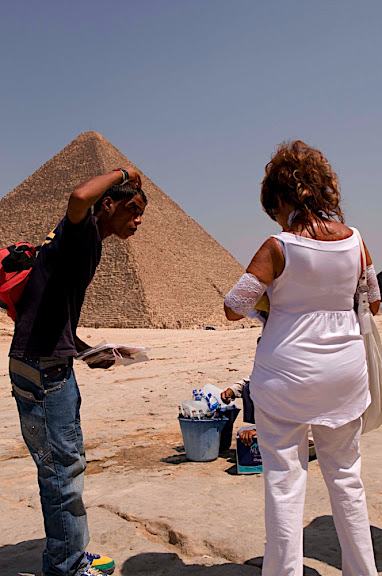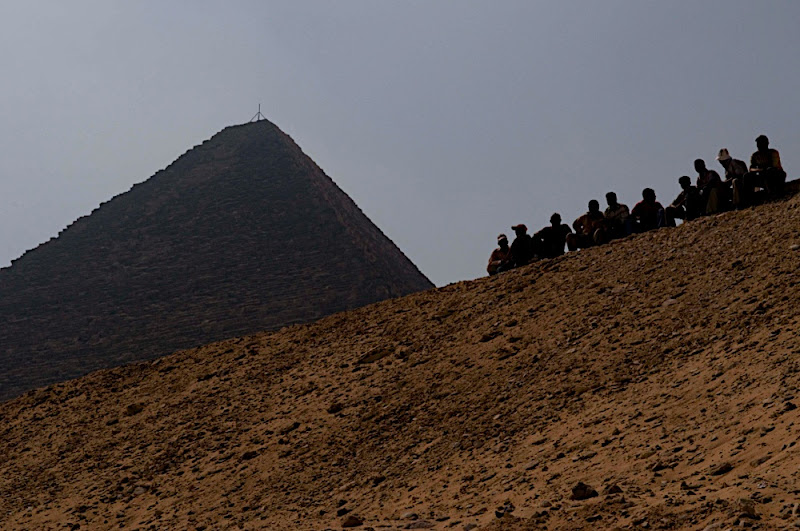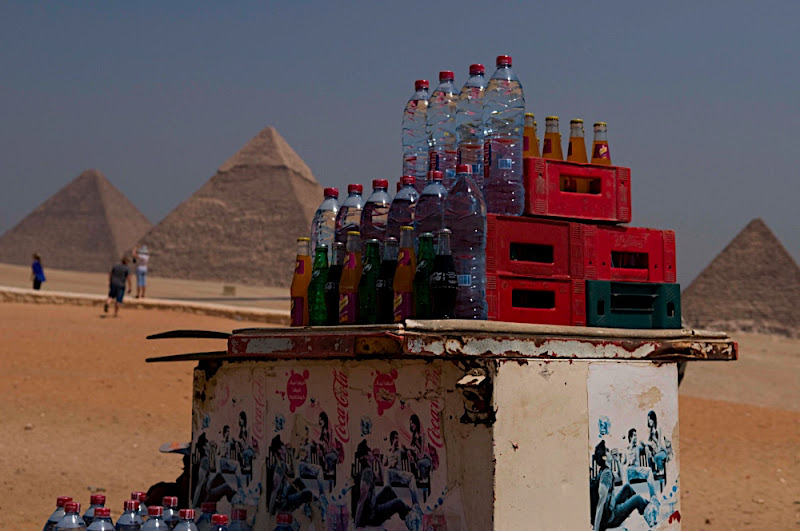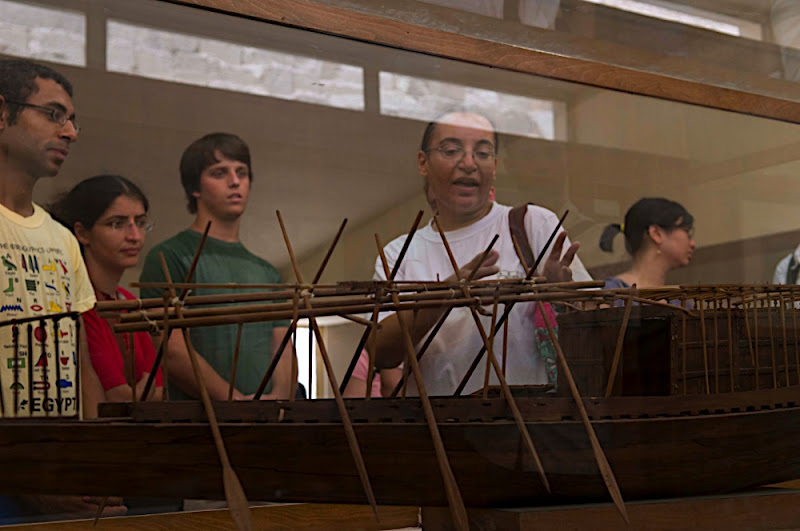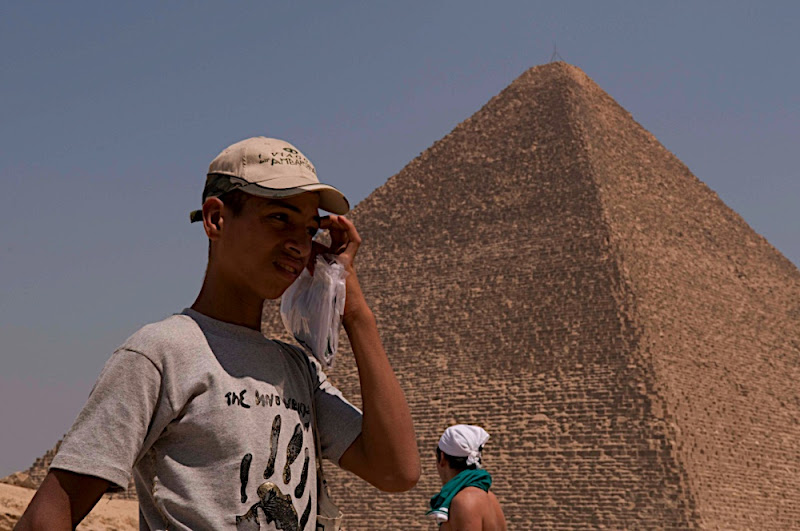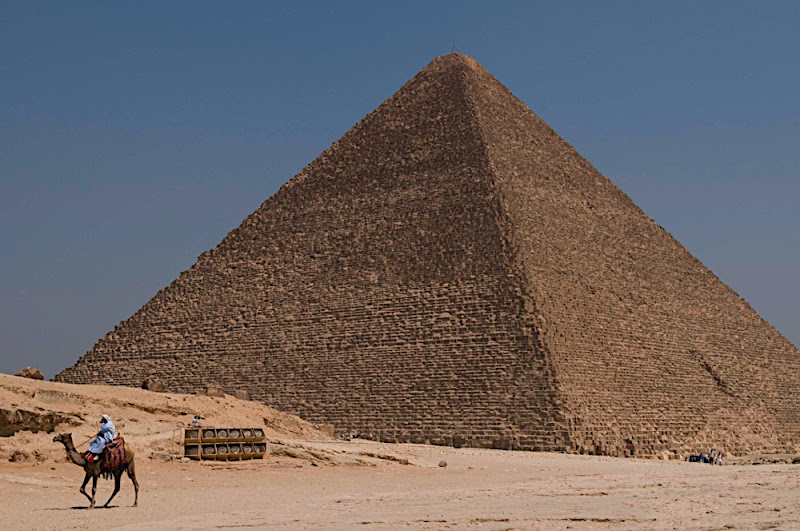“On fait un apéro le jeudi soir,” Guillaume’s e-mail said, “Viens s’il tu veux, ver 21h.” And so, on Thursday night, by way of a chain of acquaintances, I found my way to a party in Garden City chock full of French people. High-rise apartments gobbled up the gardens long ago, but the district retains its quiet, colonial charm. Guillaume’s apartment was spacious and airy, with hardwood floors and 19th century-style moulding. The company was very welcoming, I dare say ebullient. I am guilty of harboring an abundance of Francophile sentiments. This attribute is well known among friends and family. Standing by the bar, cutting slices of saucisson, listening to the sleekest language in the world slip from the tongues of worldly, hip young people, I was very happy to have accepted Guillaume’s invitation. Unlike their Louisiana cousins, continental French people do not use the expression “Laissez les bons temps rouler”—this is pure pidgin artifact—but faces did light up when I mentioned that I drove across America last month.
“Have you ever been to New Orleans?”
“No, I haven’t. But I’d love to go someday, if it still exists when I get back home.”
Insh’allah. I had fun responding to the question, “Tu connais qui ici?” And the more elaborate, more vague, “Comment est-ce que tu es arrivé ici?”—a polite way of saying, Who the hell are you, and what the hell are you doing here? For the first hour, I was the only foreigner (non-Frenchman) in Guillaume’s apartment, and I did my best to speak mostly French. Thankfully, when I had to resort to English, everyone understood. Thank God for the global language, however hegemonic it may be. After awhile, a German girl showed up, then a Russian guy in white jeans, a white jean jacket, white shoes, and a white t-shirt, all matching, flying under the Armani flag. That’s when the good times started rolling.
Alas, I discovered that I am human. The nearly full bottle of Pastis Ricard perched atop the bar, all alone, was an impossible temptation. Just as tempting were the bottles of chilled white wine floating around the room, fresh from France. Merde, je vous dis, je suis un homme faible! The good news is that I’m not actually Muslim, so even though I felt like a sinner, I wasn’t actually compromising my piety by pouring several glasses of that milky, anise flavored dream liquid down the hatch. Words are not adequate to describe the wonders of pastis. I know of only one man whose enthusiasm about the beverage matches mine: my dad, Ed Woods, Francophile Extraordinaire, Linguiste Tragique. Sometimes I consider trading it all in, giving up everything I have—my career, my home, my financial empire, my wife and kids—and moving to a tiny village in the south of France, where I could while the days away, happy and drunk, not to mention well-hydrated, with a gaggle of delightfully provincial peasants. Okay, so what if I don’t have a house, or a career, or a fortune, or a wife and kids. The lack of these things doesn’t tarnish the dream.
Everyone thought the story about “The Barn” was pretty funny. In brief—my dad, my brother-in-law, and I drank an entire bottle of pastis, in a little gazebo, at a farm in Normandy. It was the summer of 2003, during the heat wave, or canicule in French. I remember brushing my teeth, and I even remember reading for a while before going to sleep. Dad snored contentedly, like a lawnmower, in the bed next to mine.
I woke up to peace and quiet, in a barn. How I wound up in the barn, I have no idea. But as I picked myself up off of the mildewed sofa, where I had slept, wedged in a dank corner, next to a broken armoir and a huge pile of hay, I began to suspect foul play.
Blame it on the pastis.
I got a laugh each time I tried to explain how I wound up at the party. Well, you see, my sister is married to a French guy, and his older sister has a friend whose younger brother is Guillaume. “Which Guillaume?” There were three Guillaumes at the party—it was a Mohammad-esque moment en français—but only one Guillaume who lived there. Guillaume has been in Cairo for nearly three years, working as a freelance journalist and learning Arabic. We’re a dime-a-dozen here, it’s amazing, and a little bit weird. As the guests rolled in, the question was always, “Qu’est-ce que tu fais ici, en Egypt?” The old and quite boring icebreaker, whaddya do? Hesitantly, I would respond, “I am studying Arabic and working as a freelance journalist.” To make things simple, the Academie Française deigned to allow the word “freelance” into the French language. So the answer, when I posed that most boring of questions, was often, “Je fais freelance.” Ah, I would respond, moi aussi.
There were quite a few regularly employed journalists at the party too, including a woman who writes for Agence France Presse (AFP) and guy who writes for a local French language magazine and produces bits for Radio Belge. Also in the company was a Canadian woman, Rebecca, who is an assistant editor at Egypt Today Magazine, an English language monthly. Rebecca is from Vancouver Island. I once almost visited Vancouver Island by ferry, but I backed out of the ferry line when I realized that the roundtrip ticket cost nearly a hundred dollars.
They have a lot of orcas around Vancouver Island, and they smoke a lot of pot. Not the orcas, the people who live there. Although, maybe the orcas smoke pot too. It is British Columbia, after all. I was there to snowboard . . .
Aside from the would-be journalists and the legit ones—who, combined, numbered about twenty—there was an engineer, a marketer, a businessman (how vague, un homme des affaires), and an older French-Algerian man, Youssef, with explosively curly hair. Youssef works in tourism, but looked more like an artist. His lament of current American foreign policy began with the age-old disclaimer: “I like Americans—no, I love Americans—but I have many problems with your government.” D’accord, mon ami. On y va.
Youssef was most vocal about the American tendency to do what I just did, refer to Americans as Americans and to the United States of America as simply, well, America. Youssef leaned in with a conspiratorial glare, “Mois, et mes amis,” he said, almost whispering, an eye half-winked, fingers pinched for emphasis, “On n’appelle pas les americains americains. On les appelle etats-unisiens.” I laughed. I couldn’t help it. United Statsians? Give me a break! It sounds silly, and it’s grammatically absurd.
The argument that Americans should cease and desist from referring to themselves as Americans is a well-worn and, in my opinion, tired argument that makes for energetic semantics, but has never actually mattered. It’s a novel revelation in Ché’s Diarios Motocicletas that people from both continents, North and South, are Americans. Chés brief treatment of the subject is poetic and heartfelt—he aspires to understand the geographic and cultural ties that bind the continents and people together, over and above national boundaries, and he resents the suppression of Latin American identity by the dominating country everyone referred to and still refers to as America. (Ironic that he helped establish one of the most nationalistic, fascist governments in the world. Ah, the heady days of global insurrection. What I wouldn’t give to have lived then. But then I’d have to do all of this with a real journal, as in, paper. And film! I’m ready to quit just thinking about it.)
I don’t know how much time Ché spent on that particular talking point while sitting around the campfire with guerilleros in the Congolese jungle, but something tells me the grownup Ché had bigger fish to fry, or shoot, or sabotage, whatever. Forty years after Ché, the world has a lot of reasons to be upset with America—oops, the United States—but here, I pray, cut us some fucking slack. Or, alternatively, get a life. Start bitching about things we are all guilty of. Waste, exploitation of resources (human and natural), condescension in all affairs global and local, etc. There’s not a one of us in the West who doesn’t profit from European and American dominance over the rest of the world. Look at the tag on your t-shirt, Youssef. Unless you’re living totally off the grid, you’re only marginally better than a colonial parasite. It’s just the way it is, but it will change, it has to change, and we can manage to work toward positive development and keep our t-shirts too.
I find that Americans, across the Red and Blue chasm, are as happy to bitch about their own government, citizenry, and politics as any foreigner [is happy to bitch about America]. I, for one, have sat patiently through scores of United States-bashing sessions at home and abroad. I have defended [and assaulted] my country conversationally against [and with] all sorts of folks, foreign and domestic, brown and white, Muslims, Christians, Arab fundamentalists as well as angsty teenage Wiccans.
But the game rarely changes courts. If I were to go on an Egypt-bashing session, or a France-bashing session, with denizens of those respective countries, I might very well see receptive nods on the other side of the table—but my point is, this rarely happens. To delve into the failings of the Egyptian government in recent years would be cherry-picking. Its failure to address systemic poverty, nay, its utter disregard and even contempt for the poor, keeps most of the authoritarian-ruled population trapped in slum conditions. The rockslide that happened last weekend, I gather, is a relatively minor tragedy in comparison to the poverty crisis, which is a generational catastrophe. I could drone on and on about the French higher education system and the palpable, truly institutional racism that exists there.
But I’d much rather talk about cheese and pastis. I’d rather talk about how much I love sitting at the cafés, how much I love the language, and how beautiful I think French culture and people are. I’d rather wax nostalgic about “The Barn,” and the freakish pony that was eyeing me romantically from a few inches away. (Okay, this last detail I made up. It makes the story better. There was a pony, but he/she was in a pasture behind our cottages, not in the barn. He stuck his head in the window on the day that we arrived, and dad thought that was great. I don’t know what happened between them later that evening. Therein, I suspect, lies the truth about my unconscious eviction and forced removal to the Barn.)
I have yet to turn the lens back on the home countries of my respective interlocutors during these American-bashing sessions, in which I usually bide my time and try not to be too defensive (because I agree with most everything that’s said). My neck is getting strong from nodding in feigned agreement, which is good, because I’m not getting any other exercise and I’m withering from the Ramadan diet. But were I to do so—were I to begin asking questions about the history of France or Egypt or wherever—it wouldn’t take long to reach the inevitable conclusion. The Disclaimer: People from [Nation] are not the same as the [National] government.
Of course the irony is that, as far as governments go, and especially as far as really really powerful governments go, the American government is pretty well-behaved, and even manages to do a lot of good for Americans—sorry, United Statesians—as well as for people around the world. Yesterday I read in The Daily News Egypt that the United States is in the process of transferring $5 billion in agricultural aid, in the form of wheat shipments, to Iran. Iran had virtually no wheat crop this year because of a drought. So who steps in, puts antagonism aside, and prevents Ahmedinejad’s government from being swallowed up by bread riots? Farmers from Illinois and Nebraska, via the Federal Government of the United States of America. The same relationship between American government and American people—those two factions that do not resemble one another—is providing food to just about every other country on earth too. I know, I know, I know, calm down. “USAID actually cripples native agriculture everywhere it’s disbursed,” you say, holding true to the uber-pessimistic view of the United States you adopted in college, sitting between armchair philosophers and other assorted paper tigers, in between bong hits. True enough in many cases, though I’m not convinced there’s a conspiracy to kill developing countries by bombing them with sacks of millet.
When nature intervenes, and a country like Iran completely fails to produce the millions of tons of wheat necessary to feed its population, USAID can be a good friend to have. USAID can also be a good friend to have when your government and economy are so weak, so hopelessly riddled with corruption and inefficiency, that the average citizen barely manages hand-to-mouth existence. We, the people and government of the United States of America—Americans, as it were, or United Statsians, if you prefer—certainly need to do a better job of stimulating sustainable economic growth in the developing world, and I think there are a lot of Americans and American institutions that are working pretty damned hard at it.
I met a bunch of them last night, at a U.S. Embassy party. That’s a story for another time.








